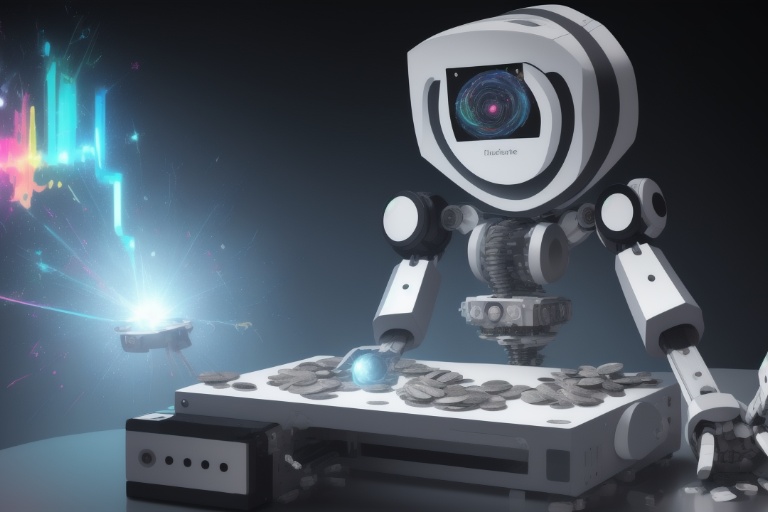Artificial Intelligence (AI) is undoubtedly one of the most groundbreaking realms of technology, continually pushing the boundaries of what machines are capable of. As we witness rapid advancements in AI and machine learning, it becomes imperative to examine the trajectory of these technologies and address the concerns voiced by leading experts in the field.
Artificial Intelligence (AI) is undoubtedly one of the most groundbreaking realms of technology, continually pushing the boundaries of what machines are capable of. As we witness rapid advancements in AI and machine learning, it becomes imperative to examine the trajectory of these technologies and address the concerns voiced by leading experts in the field.
The godfathers of AI, Yoshua Bengio, Geoffrey Hinton, and Yann LeCun, each a pioneer in their own right, have shaped the landscape of artificial intelligence with their monumental contributions. They have not only carved new paths with their research but have also earned the esteemed Turing Award, recognizing their significant impact on the field. Yet, it is their recent expressions of caution that have surfaced to shape the current discourse around AI.
A Call for a Pause in AI Advancements
Yoshua Bengio, one of these pioneers, has become increasingly vocal about his apprehensions regarding the direction in which AI is headed. In a candid interview with the BBC, Bengio revealed the emotional toll he experiences as he considers the potential threats AI could pose. His concerns are not unfounded; AI's integration into military applications is particularly troubling for many experts in the field. Bengio's response to these growing anxieties is a bold suggestion: a six-month hiatus in AI development.
By proposing this pause, Bengio aims to ensure that appropriate measures are taken to safeguard against unintended consequences. This can be seen through his first signature on an open letter — a letter also backed by Elon Musk and Steve Wozniak — which essentially calls for a temporary halt to consider necessary precautions.
The Need for Global Regulation and Ethical Oversight
Bengio's stance extends beyond mere caution; he actively pursues solutions to mitigate AI's risks. Together with OpenAI CEO Sam Altman and colleague Geoffrey Hinton, he encourages the conversation around heightened regulation in the burgeoning industry. Bengio asserts that companies working on advanced tools like ChatGPT, which is a prime example of a large language model, should not operate without proper oversight. Bengio advocates for a formal registration process and the ethical training of those involved in developing AI systems, emphasizing the duty to cultivate AI in a responsible manner.
Balancing Progress and Caution
Contrasting Bengio's apprehension, Yann LeCun exhibits a more optimistic outlook on AI's future. LeCun argues against a halt in progress, believing that the continuation of research and development is crucial to unlocking the full potential of AI as well as establishing robust safety measures. He draws a line between the regulation of AI products available to the public and the hindrance of scientific pursuit. LeCun's belief stands on the premise that intelligence isn't inherently linked to power or dominance, signifying his trust in the ethical possibilities of AI.
The Road Ahead for AI
These differing perspectives among AI's leading thinkers illuminate the intricacies and impact the technology holds for society. The concerns raised by Bengio and Hinton, together with the optimism of LeCun, call for a balanced approach that includes both ethical consideration and advocacy for the advancement of AI.
In the coming discussions, it is pivotal that we consider the arguments for both cautious progression and unfettered exploration. We must navigate the challenges posed by AI with a mindful approach, integrating responsible practices while also embracing the transformative potential AI offers.
In the next installment of this series, we will take a closer look at the conversations and debates that continue to shape AI's evolution. We will examine potential solutions and the frameworks being discussed by experts and organizations aimed at securing a future where AI can advance safely and ethically. The series promises to provide a comprehensive analysis of the measures and initiatives guiding the responsible development of artificial intelligence. Join us as we unravel these themes and pave the way for a future that aligns with the best interests of humanity.
Information for this article was gathered from the following source.




